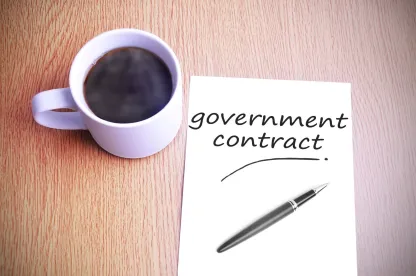The United States Department of Justice recently settled cases against four southern-states-based government contractors who misrepresented their business practices in order to bid on and fulfill contracts. Under the terms of the settlements, these contractors collectively paid approximately $2 million to settle allegations.
Earlier in September, two Georgia-based companies settled False Claims Act allegations after being investigated by the U.S. Army Criminal Investigation Command and Defense Criminal Investigation service. The contractors allegedly provided unapproved substitute parts to military programs (i.e., parts for military equipment which are not made in America, violating the Buy American Act). A whistleblower brought this case to the government’s attention, and under the False Claims Act, they are entitled to 15-25% of the government’s recovery.
More recently, two Virginia-based government contractors allegedly conspired to use one company’s designation to assist another company in bidding on government contracts. One contractor was certified as an 8(a) small business by the Small Business Administration, identifying it as being owned or operated by a socially or economically disadvantaged citizen. This certified 8(a) contractor used its status to bid on contracts for which it was eligible, but then it subcontracted “all the work on that contract” to an ineligible contractor “in exchange for a ‘fee’ calculated by each hour of work” which the subcontractor then paid back to the prime contractor in this kickback scheme. Unfortunately, this was not the first arrangement this contractor made to “share” their 8(a) status, as they had a similar kickback scheme in 2018-2020.
Government contracting fraud is harmful to government programs designed to give a “leg up” to economically disadvantaged small businesses and to those programs which encourage domestic manufacturing and economic development. Representing to the government that one contractor is going to do a job, and then subcontracting all the work to another company, is fraudulent activity that whistleblowers should be empowered to report. Overcharging the government and using suppliers outside of the Trade Agreements Act are also activities that are violations of the False Claims Act.





 />i
/>i

